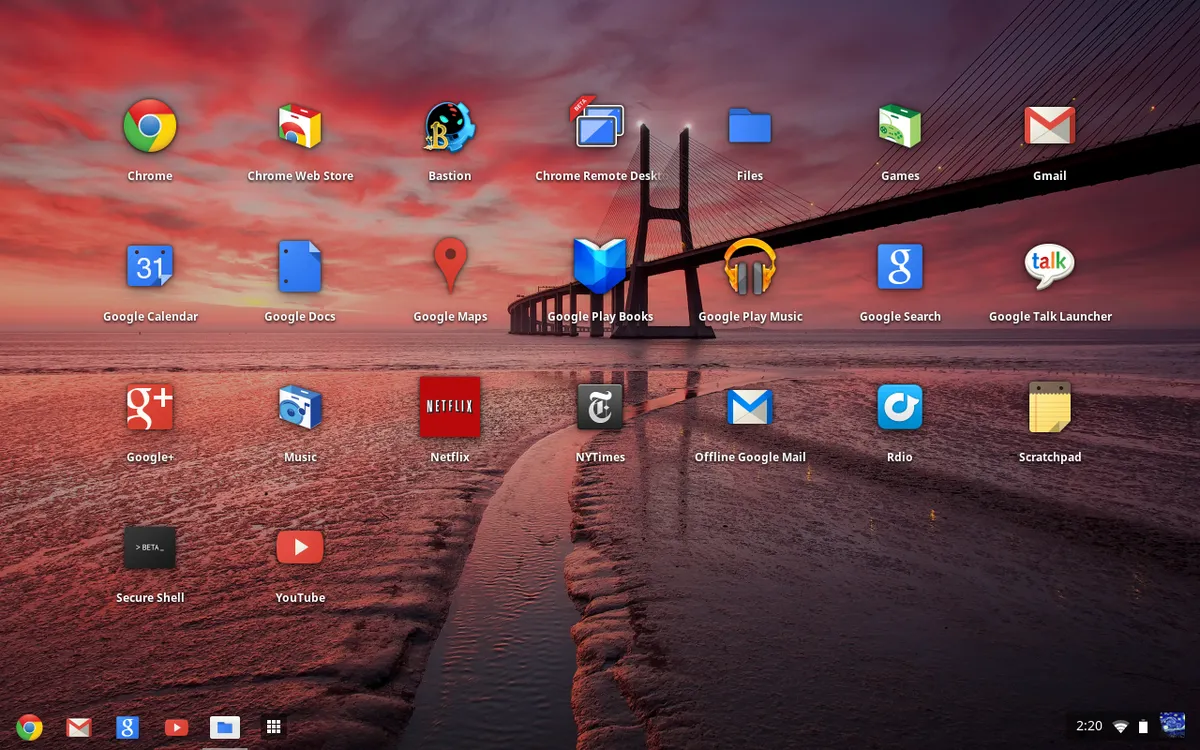
Sunday 12 June 2011
Cloud Computing. Is it really the future?
Most of you have probably heard the term ‘in the cloud’ or ‘cloud computing’, but what does it all actually mean and how will effect you as an end user? Let’s investigate. The term ‘cloud’ comes from IT diagrams where the Internet is always depicted as a cloud, ‘cloud’ basically means to store something on the internet.
The biggest name in cloud computing is google. They have some big ideas for the near future to implement their vision to get everyone ‘in the cloud’. Google have already adapted their Chrome internet browser to become a cloud Operating System (for those of you that don’t know, an Operating System is the piece of software that runs your computer such as Windows XP or Windows 7). But merely creating a Google Operating System (OS) isn’t enough, from mid July 2011 Google will begin to sell their new Chromebook laptops. These are basically netbooks that are running the Chrome OS.
 Googles Chrome OS
Googles Chrome OS
So what actually do they mean by ‘the cloud’? Well, as I touched upon before, it basically means to store all of your data on the internet. So, google would expect you to keep all of your emails in Gmail instead of outlook. Your documents and spreadsheets in google docs instead of Word or Excel, your pictures in Picasa and your music in the new google music service (at the time of writing this article, the Google Music service was only available in the Unites States).
The idea behind it is that you don’t store anything on your actual computer, but all of your files and settings are stored on the internet, with google (or any other cloud based service). So, if User A and User B both have Chromebooks, let’s say User A’s Chromebook breaks and has to send it away for repair then User A can borrow User B’s Chromebook, sign in with his username and password and instantly all of his emails, files, music & pictures are available for him, setup on the exact same way as they where on his own Chromebook. This is the whole idea about cloud based computing, you are not tied to one computer. You can log on to any machine, anywhere in the world and have access to everything in the exact same way as if you where sitting on your computer at home.
So all of this sounds great, right? In theory, yes, it’s a brilliant system and would mean you can have all of your data, everywhere, on your phone, your tablet, anywhere. BUT, what if your Internet goes down? BT are having a problem and all of the Internet is off in your street, BT have said it’s not going to be fixed for another week. Before, this wouldn’t have been a problem, sure you can’t send emails but you can still work on that spreadsheet for work, or that Powerpoint presentation for your meeting in a couple of day. But now, all of your files are on the Internet, so, without an Internet connection your shiny new Chromebook is rendered as useless as a paperweight, well for the next week at least.
This, for me at least is a deal breaker. I like to have total control of all my files and data. Do you actually read all of the small print when you agree to terms and conditions? I don’t – so do we actually know what Google can or maybe even will be doing with all of our data? Don’t get me wrong, I love the internet and all of the technologies it uses. For example, I use a service called Dropbox that both backs up all of my important data to the internet and also syncs my files across my multiple computers. This is a great service, but ultimately I still have my files stored on my computer. If I where to go to ‘the cloud’ then this wouldn’t be possible.
Cloud computing is a great theory, but for me, it won’t be the future for as long as I have a say in the matter. But, once again, this is just my humble opinion.
2 comments
Kdv Quirk 01/07/2011, 19:46
Thanks Laki,
Glad you liked the post. I suppose Cloud computing has it’s place but I don’t know if the world (especially businesses) are ready to go completely cloud based.
Jing
Laki 28/06/2011, 01:48
Great article my friend.I agree with your conclusion 100%.Keep up the good work.
chavez from pinguyos forums.